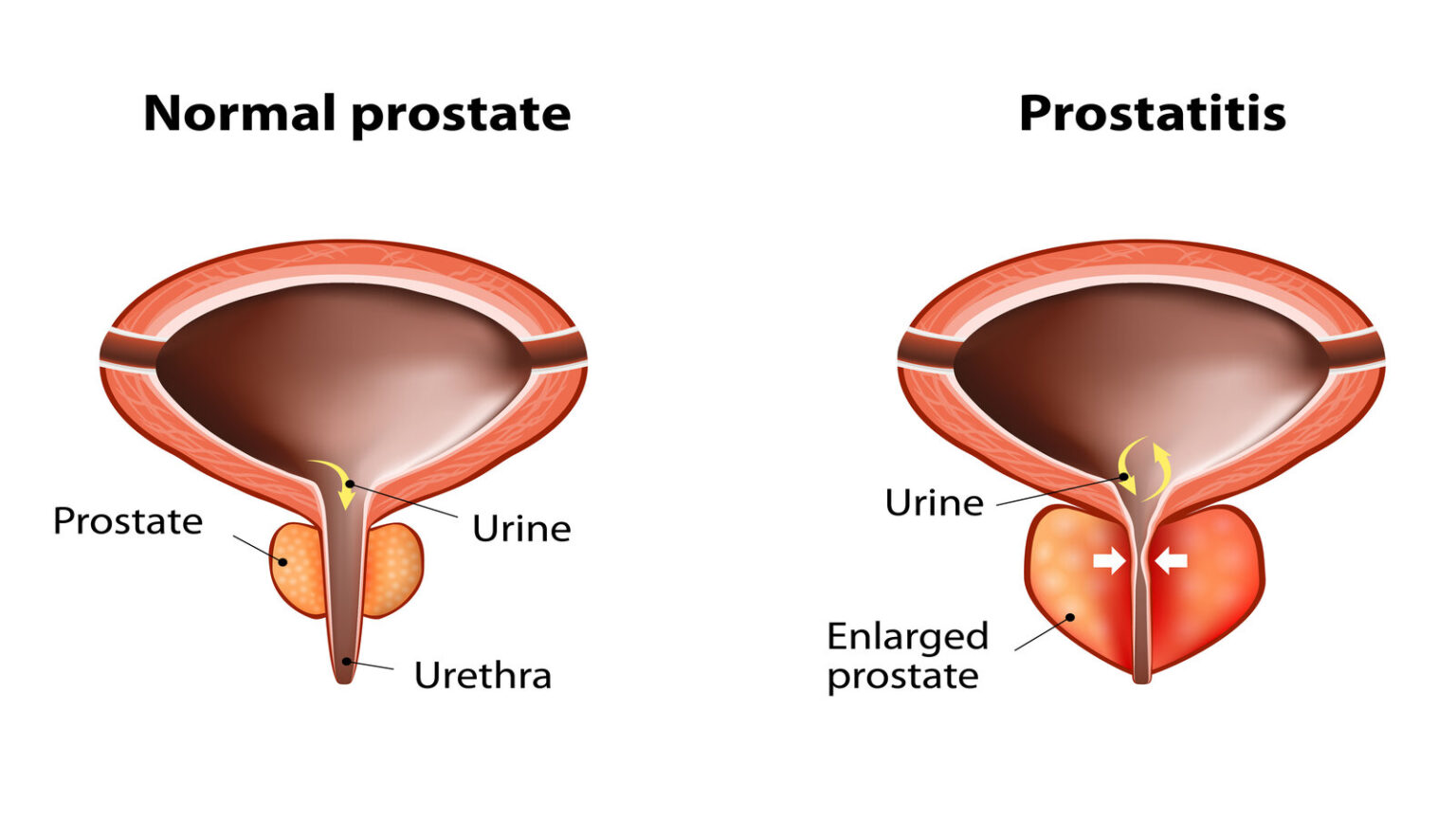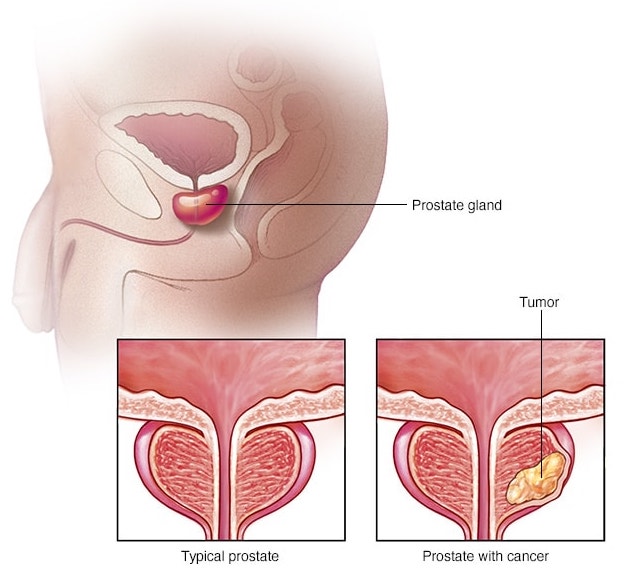


Date: 12 Nov 2025
The prostate is a small gland in the male reproductive system, located just below the bladder and surrounding the urethra. As men age, two common prostate-related conditions may arise: Benign Prostatic Hyperplasia (BPH) and Prostate Cancer.
Although both affect the same organ and may share similar symptoms, they are fundamentally different in nature, prognosis, and treatment.

Benign Prostatic Hyperplasia refers to the non-cancerous enlargement of the prostate gland. This condition commonly affects men over the age of 50 and is primarily driven by hormonal changes associated with aging, particularly the influence of dihydrotestosterone (DHT).

Prostate cancer occurs when malignant cells form in the tissues of the prostate. Unlike BPH, prostate cancer can spread (metastasize) to other parts of the body, including bones and lymph nodes, making early detection and management crucial.
Common Symptoms
Causes and Risk Factors
While some risk factors such as age and genetics are non-modifiable, many proactive steps can reduce the likelihood of developing prostate conditions:

Formulated with saw palmetto, zinc, and beta-sitosterol, this supplement supports normal prostate size and healthy urinary flow. It helps modulate hormonal activity and may reduce symptoms of BPH naturally. Ideal for men experiencing early prostate enlargement or seeking preventive support.
This powerful blend includes saw palmetto extract, pumpkin seed oil, and lycopene to combat inflammation and promote urinary comfort. Its high-potency formula helps maintain prostate cell integrity while supporting antioxidant defense. Suitable for daily use in men over 40.
A targeted multinutrient complex designed for men over 50, combining selenium, zinc, green tea, and nettle root. This supplement provides antioxidant protection, supports hormonal balance, and promotes optimal urinary function. Made with ethically sourced, organic ingredients.
Combining essential vitamins (D, E, C) with lycopene and amino acids, Wellman Prostate supports immune health, hormonal activity, and prostate function. It’s ideal for men looking for a comprehensive nutritional approach to long-term prostate care. Backed by scientific research and quality assurance.
Early detection remains the cornerstone of successful prostate condition management. Common diagnostic methods include:
Any man experiencing urinary symptoms, blood in urine, or pelvic discomfort should seek medical attention. Early medical evaluation helps distinguish between BPH and cancer and enables timely intervention.
Prostate health is a critical component of overall male well-being, especially after the age of 40. While Benign Prostatic Hyperplasia and Prostate Cancer may present similarly, understanding their differences is vital for proper diagnosis and management.
Preventive care, a healthy lifestyle, and targeted supplementation—such as those offered by Phamily Kenya—can make a significant difference.
1. Can BPH turn into prostate cancer?
No. BPH is a benign (non-cancerous) condition and does not cause prostate cancer. However, both can coexist, which is why regular screening is important.
2. What is the best age to start prostate screening?
Most experts recommend screening starting at age 50, or age 40–45 if you have a family history or are of African descent.
3. Are prostate supplements safe?
Yes, when taken as directed. Choose supplements from trusted brands such as NOW, Webber Naturals, and Vitabiotics Wellman available at Pharmily Kenya.
4. How can diet help protect the prostate?
A diet rich in tomatoes, berries, green vegetables, and fish provides antioxidants and essential nutrients that help reduce inflammation and support prostate health.